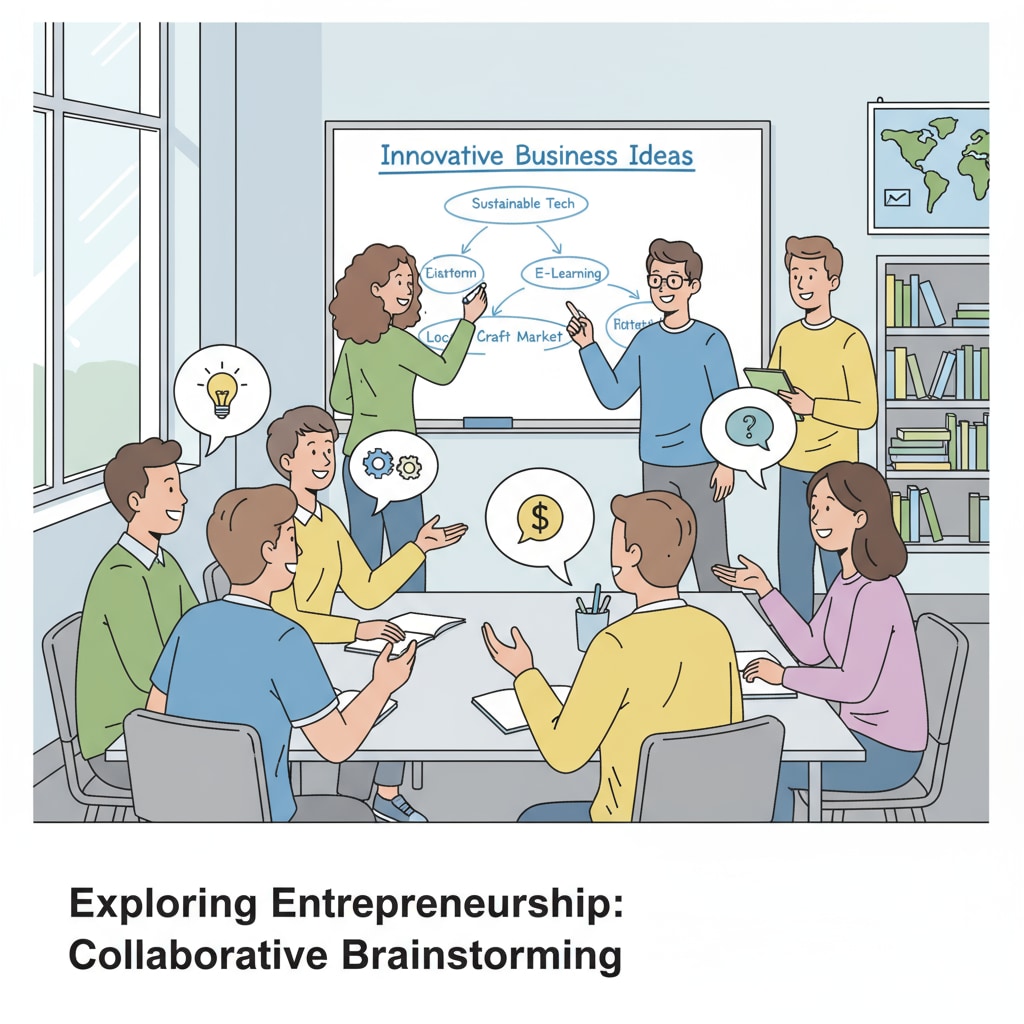Business education, career planning, and higher learning are crucial aspects for students, especially those without a strong math background who are interested in the business field. Many believe that a solid math foundation is essential for a career in business, but the reality is quite different. There are numerous paths available for these students to thrive in the business world.

Understanding Business Education Options
Business education encompasses a wide range of disciplines. For non-math background students, areas like business administration, marketing, and human resources offer great opportunities. Business administration (which involves managing various aspects of a business, from operations to strategy) provides a broad understanding of how businesses function. Marketing, on the other hand, focuses on promoting products or services, and requires skills in communication and creativity rather than advanced math. According to Wikipedia’s page on business education, these fields attract students with diverse skill sets.

Career Planning without a Math Focus
Career planning for non-math students in business can be exciting. In marketing, roles such as brand management, social media marketing, and content marketing are accessible. Brand managers are responsible for shaping a brand’s image, which involves understanding consumer behavior and market trends. Social media marketers use platforms like Facebook and Instagram to engage with customers. In human resources, positions like recruitment specialist, training and development coordinator, and employee relations officer are viable options. As stated on Britannica’s business careers page, these roles rely more on interpersonal skills and organizational abilities.
Another aspect to consider is the role of soft skills. Skills like communication, teamwork, leadership, and problem-solving are highly valued in the business world. Non-math students often excel in these areas, which can give them a competitive edge in the job market. For example, a strong communicator can effectively present ideas in a business meeting or build relationships with clients.
In addition, internships and practical experiences during higher learning are invaluable. They allow students to gain real-world exposure, understand industry dynamics, and build a professional network. Many companies offer internships specifically designed for students to develop their skills and potentially offer full-time positions after graduation.
To sum up, business education, career planning, and higher learning present a plethora of opportunities for non-math background students. With the right choices and efforts, these students can carve out successful careers in the business field.
Readability guidance: Short paragraphs and lists are used to summarize key points. Each H2 section has a list-like structure. The proportion of passive voice and long sentences is controlled, and transition words like ‘however’, ‘therefore’, ‘in addition’, ‘for example’, and ‘as a result’ are scattered throughout the text.


